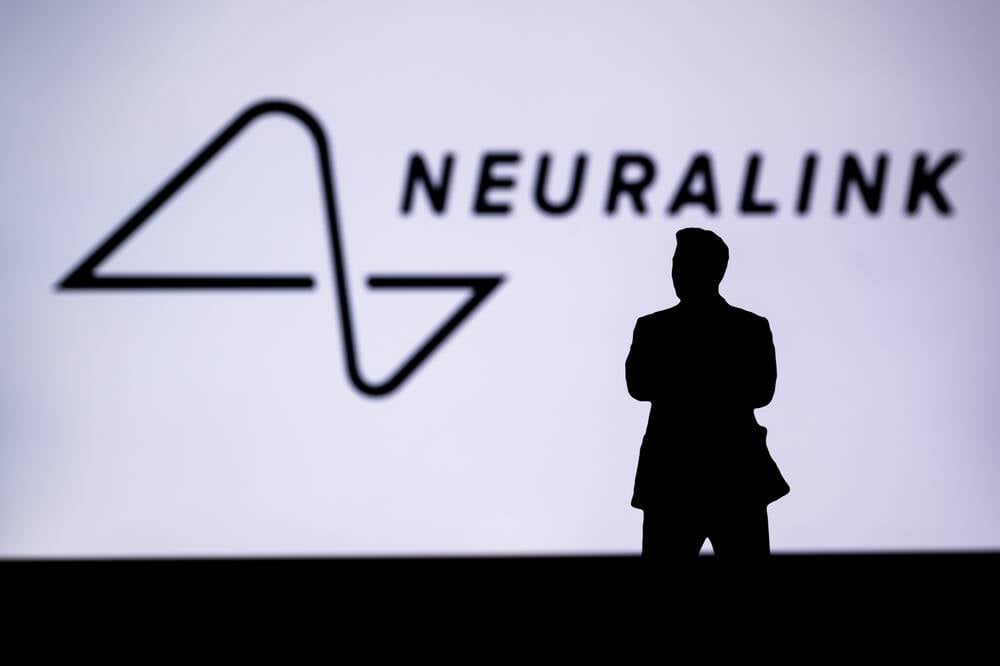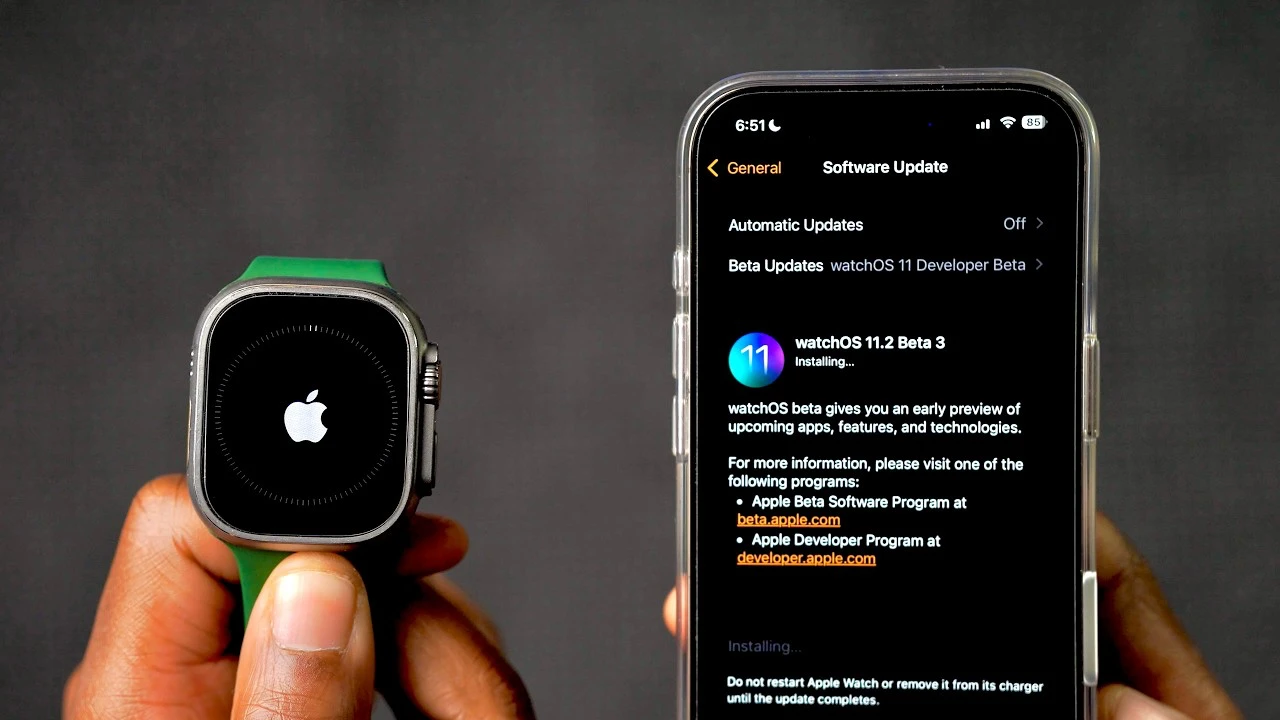
Elon Musk's brain chip biz, Neuralink, has been given the nod by Health Canada to start recruiting for its CAN-PRIME Study. The study is a trial for the neurotech startup's wireless brain-computer interface (BCI), designed to interpret a person's neural activity so they can operate a computer by thought alone. The device has over 1,000 electrodes in threads implanted by a Neuralink robot.
It will take approximately four years to complete the trial. Neuralink is looking for people with limited or no ability to use both hands due to cervical spinal cord injury or amyotrophic lateral sclerosis (ALS). If this all sounds a little familiar, it should.
Neuralink's first trial participant received an implant at the beginning of 2024. After some initially promising results, the company – and patient – encountered problems with threads containing the electrodes retracting from the patient's brain, which necessitated some tweaks to the software that interprets neural signals. Similar issues had apparently been observed during animal trials.
Still, in the spirit of moving fast and breaking stuff, a second patient was enrolled and, initially at least, appeared to be doing well . Now it is the turn of eligible Canadian volunteers to submit to Musk's R1 robot. The trial is focused on the N1 implant rather than the Blindsight device, which received Breakthrough Device Designation from the FDA in September 2024 but has yet to begin human trials.
While the N1 implant works by implanting threads containing electrodes into the patient's brain, Blindsight relies on a microelectrode array implanted in the patient's visual cortex. Musk has talked up the potential of the device. After admitting that vision will be "at first low resolution," Musk said: "Eventually it has the potential [to] be better than natural vision.
" The technology has a long way to go to get to that point. It is also not particularly new – scientists have long known that it is possible to allow a blind person to achieve a simple form of vision through electrodes in the visual cortex. The vast majority would also caution against overly optimistic expectations.
Musk stated that "it will even enable those who have been blind from birth to see for the first time," which is a bit of a stretch considering that the neural pathways required to make sense of vision are unlikely to exist in a patient who has never had sight regardless of what is in the visual cortex. ®.














